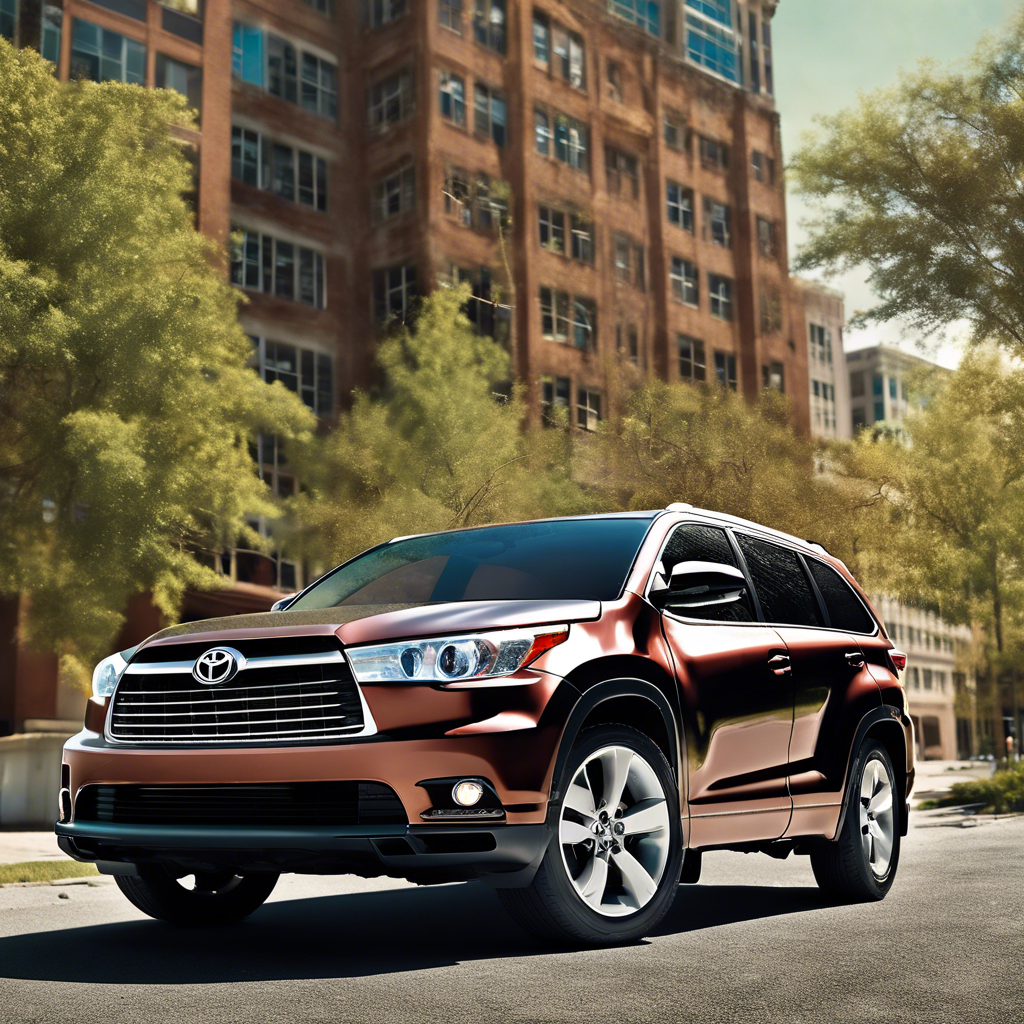The Toyota Highlander has been a popular choice among midsize SUVs for years, known for its reliability and versatility. However, like any vehicle, it has its set of Toyota Highlander common issues that owners and potential buyers should be aware of. Understanding these issues can help you make an informed decision when purchasing or maintaining a Highlander. Here’s a comprehensive guide to common problems associated with this SUV model.
Engine and Performance Issues
One of the frequently reported Toyota Highlander common issues pertains to engine performance. While the Highlander generally has a reliable powertrain, some units, especially those from older model years, have faced issues such as:
- Oil Leaks: Some Highlander owners have reported oil leaks, which are often due to faulty oil line components or valve cover gaskets.
- Excessive Oil Consumption: A few owners noted that their vehicles consumed more oil than expected, leading to frequent top-offs between oil changes.
- Engine Knock: Older models may experience knocking sounds from the engine, usually related to poor-quality fuel or worn-out engine components.
Transmission and Drivetrain Concerns
The transmission is another area where Toyota Highlander common issues arise. While newer models have improved, some older Highlanders face several transmission challenges, including:
- Delayed Shifting: Some drivers have experienced delayed gear shifting, particularly in automatic models, which can affect acceleration and performance.
- Transmission Failure: Though rare, there are cases where the transmission needed complete rebuilding or replacement, particularly in high-mileage vehicles.
Electrical System Problems
Electrical issues make up another set of Toyota Highlander common issues. These typically involve minor but annoying glitches, such as:
- Malfunctioning Lights: Some owners have reported problems with dashboard indicators and headlights failing unexpectedly.
- Faulty Sensors: Issues with vehicle sensors can lead to inaccurate readings or alerts, affecting features like parking assists and tire pressure monitoring systems.
Interior and Comfort-Related Issues
While the interior of the Highlander is generally well-regarded, a few Toyota Highlander common issues pertain to the cabin experience:
- Climate Control: Some users report inefficiencies in the air conditioning system, which may struggle in extreme weather conditions.
- Infotainment System Glitches: Problems with the infotainment system, such as touchscreen lag or connectivity issues, can detract from user experience.
Toyota Highlander Fuel Economy and Maintenance
While many owners appreciate the Toyota Highlander for its spaciousness and utility, it’s essential to address its fuel efficiency. The Toyota Highlander fuel economy may not match that of some smaller SUVs, leading to higher fuel costs. Regular maintenance, including oil changes, filter replacements, and engine tune-ups, is vital in mitigating these issues and ensuring the vehicle runs efficiently.
Addressing Suspension and Brake Problems
Another area of concern among the Toyota Highlander common issues is the suspension and brake systems:
- Brake Wear: Premature brake wear has been reported, which may result in the need for earlier-than-expected pad or rotor replacements.
- Suspension Noise: Some drivers have experienced unusual noises coming from the suspension, usually related to worn-out shocks or struts.
Dealing with Recalls and Repairs
Understanding recalls and the necessary repairs can also help in managing Toyota Highlander common issues. Toyota has issued several recalls over the years for different Highlander models due to defective components. Staying informed about such recalls and bringing the vehicle in for immediate service when needed can ensure safety and longevity.
How to Mitigate Toyota Highlander Common Issues
While these Toyota Highlander common issues can be discouraging, they are often manageable with the right approach:
- Regular Maintenance: Adhering to the maintenance schedule provided in the owner’s manual can prevent many issues from developing.
- Keeping Updated on Recalls: Regularly check Toyota’s official website for any recall notices related to your Highlander model.
- Using Quality Parts: When replacements are necessary, using OEM parts can improve longevity and performance.
Overall, while the Toyota Highlander does have its share of common issues, many of these can be addressed through regular maintenance and timely repairs. It remains a solid choice for those in need of a reliable and versatile midsize SUV. Staying informed and proactive in vehicle care is the key to enjoying everything the Highlander has to offer while minimizing the impact of its common issues.

